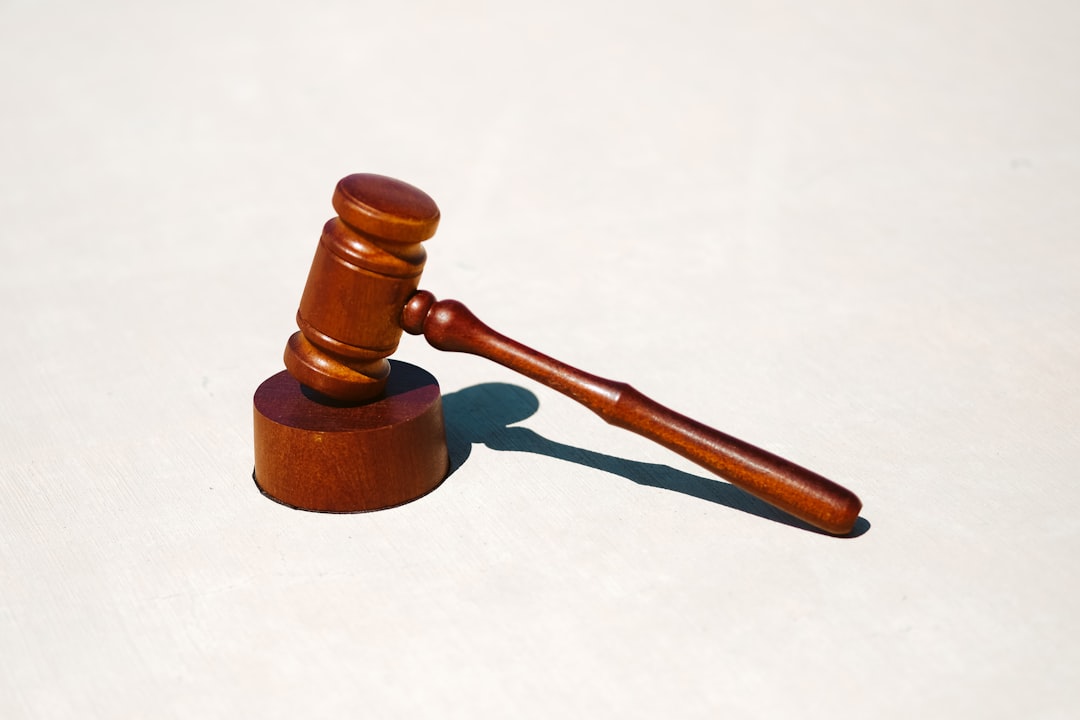Healthcare providers in New York City (NY) face complex legal responsibilities in sexual assault cases, balancing patient care with privacy and state regulations. Their role involves documenting evidence, securing records, and maintaining confidentiality while adhering to legal protocols. This highlights the need for specialized training and collaboration with legal experts. NYC's diverse healthcare sector benefits from educational programs, workshops, and pro bono services, ensuring professionals are equipped to handle legal challenges in sexual assault cases, thereby enhancing patient care and advocacy. For legal assistance, victims can turn to sexual assault lawyers in NY.
In the vibrant, bustling metropolis of New York City, healthcare providers face unique legal challenges. This article explores critical legal education topics for NYC’s medical professionals, with a focus on understanding their obligations and navigating sensitive areas like sexual assault cases. We discuss the perspective of a sexual assault lawyer in NY, highlighting the importance of informed consent and patient rights. Additionally, we provide resources and support options for legal education within the city’s healthcare sector.
Understanding Legal Obligations for Healthcare Providers in NYC
In New York City, healthcare providers have a myriad of legal obligations they must adhere to, particularly in handling sensitive issues like sexual assault cases. These professionals are not only responsible for delivering medical care but also ensuring patient safety and privacy, which extends to understanding and following legal protocols in such complex scenarios.
A sexual assault lawyer in New York would emphasize that healthcare providers must be well-versed in state laws and regulations regarding patient rights, reporting requirements, and consent forms. They play a crucial role in documenting medical evidence, maintaining patient records securely, and ensuring the victim’s confidentiality while adhering to legal mandates. In cases of sexual violence, prompt reporting and proper handling by healthcare providers are essential to support victims and facilitate justice.
Navigating Sexual Assault Cases: A Lawyer's Perspective
Navigating Sexual Assault Cases: A Lawyer’s Perspective
As a sexual assault lawyer in New York, handling these sensitive cases requires a deep understanding of both legal and emotional complexities. In NYC, where a diverse range of individuals from varying backgrounds seek healthcare services, it is crucial for legal professionals to be adept at addressing the unique challenges presented by sexual assault litigation. The process involves meticulous record-keeping, as even minor details can hold significant weight in court. Every interaction between the victim and healthcare providers must be carefully documented to ensure the integrity of evidence.
Moreover, working with victims of sexual assault demands empathy and cultural sensitivity. Lawyers must collaborate closely with medical professionals to gather all necessary information while respecting the privacy and dignity of clients. In New York City, where a robust legal education is paramount, specialized training in handling sexual assault cases equips lawyers to provide effective representation. This ensures that justice is not only served but also delivered with compassion and expertise.
Resources and Support for Legal Education in NY's Healthcare Sector
New York City, with its diverse and bustling healthcare sector, offers a plethora of resources for legal education tailored to healthcare providers. One notable area of interest is sexual assault law, given the city’s robust legal services and specialized attorneys. The Legal Aid Society, for instance, provides pro bono services for low-income individuals, including victims of sexual assault, offering valuable learning opportunities for healthcare professionals seeking to understand legal protections and rights.
Additionally, the New York City Bar Association hosts educational programs and workshops focused on medical-legal issues, where healthcare providers can gain insights into navigating complex legal scenarios, especially in cases involving patient care and advocacy. With access to these resources, NYC’s healthcare sector ensures that its practitioners are well-equipped to handle legal challenges, particularly when representing or assisting sexual assault victims, thereby enhancing the quality of care provided throughout the city.





